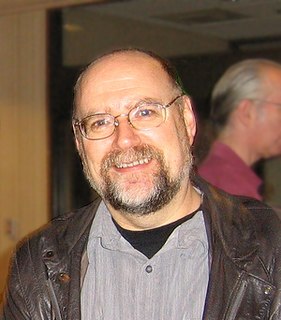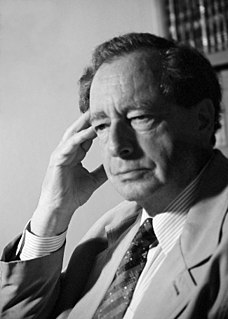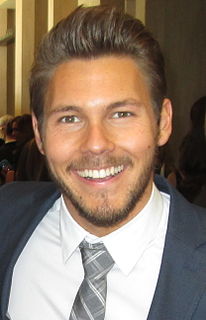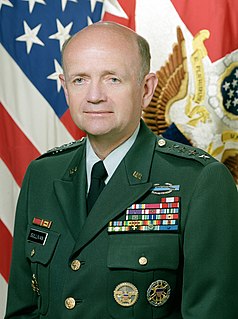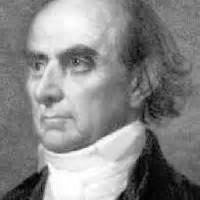A Quote by Robert Charles Wilson
Is there any evidence to the contrary? I don't need certainty in order to act on a well-founded suspicion.
Related Quotes
We are told dogmatically that Evolution is an established fact; but we are never told who has established it, and by what means. We are told, often enough, that the doctrine is founded upon evidence, and that indeed this evidence is henceforward above all verification, as well as being immune from any subsequent contradiction by experience; but we are left entirely in the dark on the crucial question wherein, precisely, this evidence consists.
It is wrong for a man to say that he is certain of the objective truth of any proposition unless he can produce evidence which logically justifies that certainty. This is what Agnosticism asserts; and, in my opinion, it is all that is essential to Agnosticism. That which Agnostics deny and repudiate, as immoral, is the contrary doctrine, that there are propositions which men ought to believe without logically satisfactory evidence; and that reprobation ought to attach to the profession of disbelief in such inadequately supported propositions.
Even if the absence of evidence for a given god were not evidence of its absence, it would still be evidence that the belief in that god is unreasonable. That's the only proposition that any atheist of any kind has to demonstrate in order to win the argument. Because anything beyond that... is just having fun.
There was a time when intellectual meant someone who uses reason and intellect. Today, people who call themselves intellectuals are in a form of mental death spiral: they search for, and find, those index cards that support their world view, and clutch little red books like rosaries in the face of all external evidence. They are ruled by appeals to authority. Their self-image and sense of emotional well-being trumps any and all objective evidence to the contrary.
The many instances of forged miracles, and prophecies, and supernatural events, which, in all ages, have either been detected by contrary evidence, or which detect themselves by their absurdity, prove sufficiently the strong propensity of mankind to the extraordinary and marvellous, and ought reasonably to begat a suspicion against all relations of this kind.
I suppose I like certainty as much as anyone else, but I also feel that the hidden costs are high, that we pay a heavy price for our convictions. This is a human issue as well as a writing issue - at least in the personal essay as I practice it. Any real essayist knows that certainty is an editorial decision, arrived at not through conviction but through suppression, the denial of a whole range of possibilities, of alternatives that we jettison, sometimes necessarily, in order to steady the ship.
People are saying that they want be convinced [about global warming], perfectly. They want to know the climate science projections with 100 per cent certainty. Well, we know a great deal and even with that there is still uncertainty. But the trend line is very clear. We never have 100 per cent certainty. We never have it. If you wait till you have 100 per cent certainty, something bad is going to happen on the battlefield. That's something we know. You have to act with incomplete information. You have to act based on the trend line.
Self-development is the only thing that keeps a person from burning out. We all have many needs - the need for certainty, the need for variety, the need for significance, and the need for connection. But, ultimately, we must grow, and we must contribute in a meaningful way in order to feel fulfilled.
A powerful portfolio of physiological and behavioural evidence now exists to support the case that fish feel pain and that this feeling matters. In the face of such evidence, any argument to the contrary based on the claim that fish 'do not have the right sort of brain' can no longer be called scientific. It is just obstinate.
